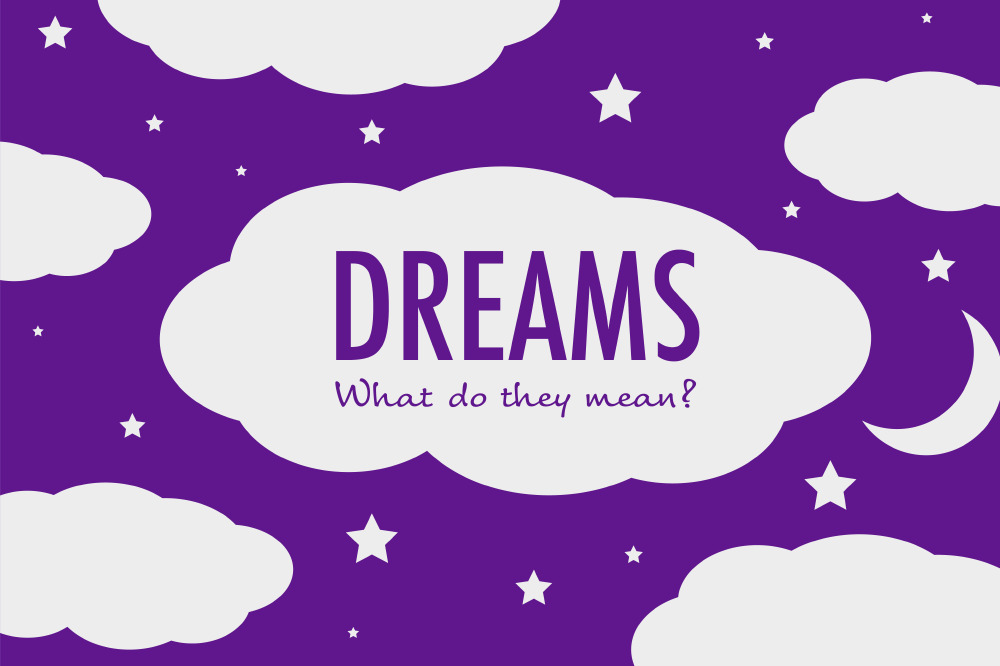They say nothing in life is guaranteed except death and taxes. By that logic, we’re all destined to experience grief (as well as a few letters from HMRC). Yet for such a universal experience, we seem worryingly ill-prepared to handle it.

Handle With Care
When someone loses a loved one, we tip-toe around the issue, unsure whether to bring it up - and feeling awkward if we do. And we’re often just as clueless when it’s our turn to grieve for the first time. I know I was.
My dad died when I was 14. Back then, I thought grief meant being sad for a while, shedding some tears and that would be that. Grief would go and normal life would resume. But when my mum was diagnosed with a terminal brain tumour in my mid-20s, I knew better.
Most of us, if asked, could offer up a dictionary definition of grief. One that explains it as a concept. But what does it feel like? In my experience, grief is so overwhelming that any words used to describe inevitably fall short. So instead, I will tell you what grief is not.
Grief is not a singular emotion.
Grief is every emotion you’ve ever felt - intensified, amplified and multiplied. A potent mix of extreme rage, the deepest sorrow, punishing guilt, crippling longing and paralysing fear. And yet it’s also nothing. Grief is total emptiness, a silent splitting of your body and mind - the former drifting through daily life while the latter hovers above too scared to be fully present in the moment.
Grief is not just missing the person who has gone.
When someone you love dies, you face two losses – the loss of them and the loss of the tomorrows you no longer have together. Grief means mourning a lost future, the plans and ambitions that will never come to light and the possibilities that can never be.
Grief is not something that fades.
While some parts of my grief have softened over time, others are sharpened by each passing year. The older I get, the more milestones I reach, the more I wonder what Mum and Dad would be doing, saying and thinking if they were still here. To an outsider, years have passed since the pain of my parents’ deaths. Yet for me, I’ve been living for years with the pain of it. And those are two very different things, just like being thirsty five years ago is not the same as being thirsty for five years.
Grief does not end.
25th September 2000 was the day my Dad died. That date clearly marked the beginning of my grief, but there’s still no end date. There is no expiry date on grief. It’s never-ending. There’s no finish line to cross. No certificate upon completion. As the time since my parents’ deaths has multiplied – from four days, to four weeks, to four years and beyond, the rollercoaster of grief keeps cycling round, again and again.
Grief does not have an on/off switch.
I tried everything to ‘fix’ my grief - spending thousands on a juicing retreat in Spain, seeing a medicine man in Bali, getting tarot readings, trying reiki healing, and even putting crystals in my bra. Each time, I hoped it would be ‘the thing’, the one to flip the grief switch to ‘Off’. But my efforts were in vain, because healing from a bereavement is not one big, dramatic light-bulb moment. It’s the meticulous process of lighting a long string of fairy lights, one at a time. Each tiny bulb doesn’t seem like much, but illuminated together you suddenly see just how much light has returned to your life.
Grief is not all sadness.
Realising how quickly life can be taken away gives you an urgency to go out into the world and see everything, feel everything, touch everything, taste everything and hear everything. I suppose in that sense, grief comes with a secret gift. It may be buried under layers of heartbreak but it’s definitely there. The plus to its minus. The yang to its yin. The light to its dark.
Grief makes you brave. Grief gives you perspective. Grief gives you a thirst for life. Grief gives you a way out from existing and shows you the way to living.
I hope that by better understanding grief, we can better understand ourselves as we go through it.
Rochelle Bugg is the author of Handle with Care (John Blake Publishing) out 4th March, more info here
RELATED: What does it mean to dream about grief?
The dream might be a reflection of your own grief that you’re going through in your waking hours. This could be your way of coping with what has happened. If you were dreaming of loss, it’s possible you are struggling to let go of the past. In order to move on you need to release these feelings and experiences before you allow room for new ones. Perhaps you are repressing your grief and need to release it and express your sadness before it takes over your every waking thought. It’s possible something is bothering more than you think- perhaps its time to address this issue rather than trying to pretend it doesn’t exist... to read more click HERE


